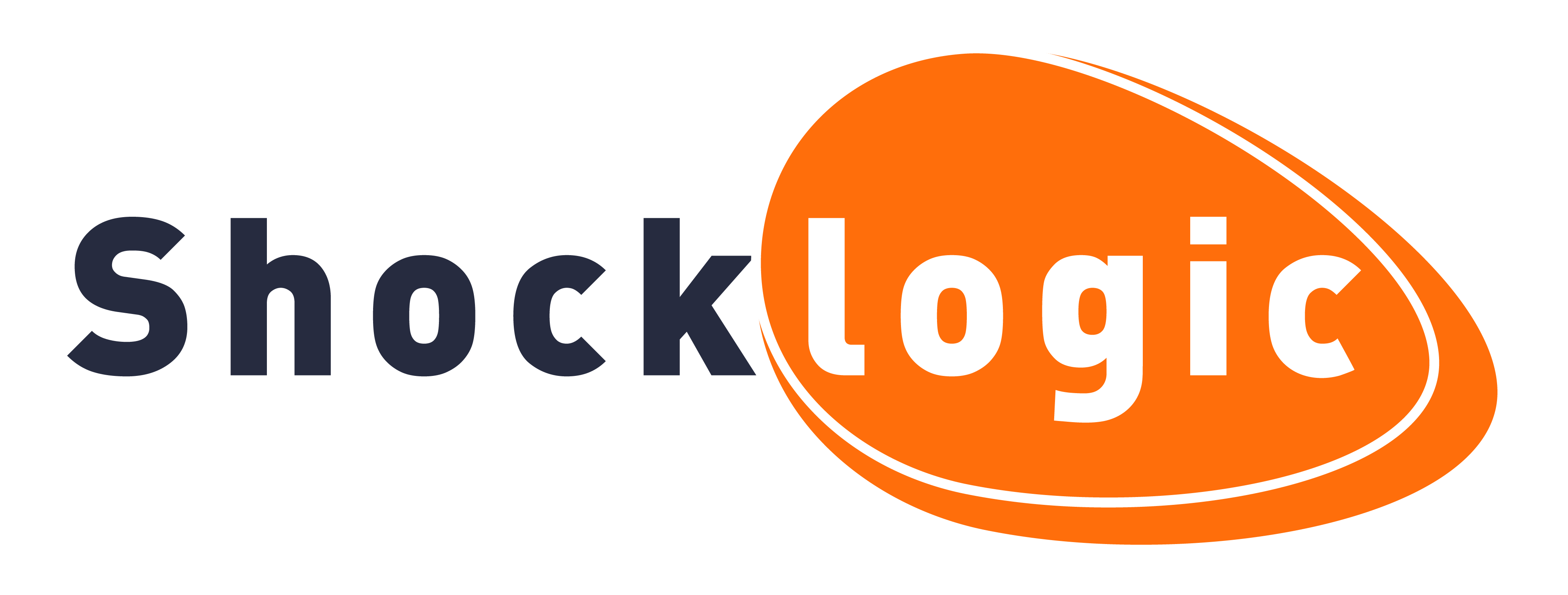Since March of 2020, the only options available to event planners have been to cancel, postpone, or adapt to an online format, and as it’s become clear that this will be a lasting crisis, more and more events have ‘gone virtual’.
While hardly the outcome organisers envisioned, this unavoidable shift has highlighted a surprising number of advantages that many organisations will find difficult to ignore, even in a post-Covid world. It seems safe to say virtual events are likely to remain a significant part of the industry landscape for the foreseeable future, and it’s well worth exploring what they have to offer.
Advantages of Virtual Events
Here are a few of the key selling points for taking your event online:
- Virtual events are global: They allow anyone, anywhere in the world to attend, and this increased reach can also expand sponsorship opportunities.
- They are sustainable: The environmental benefits associated with reductions in travel, printed materials, and other onsite waste speak for themselves.
- They are flexible: Venue availability becomes a non-issue, and since content can be left online indefinitely, the life cycle of the event is easily extended.
- They save time and money:
- For attendees, virtual events eliminate the need to purchase flights and book hotels, and the ability to participate from the home makes them much easier to fit around other obligations.
- For organisers, the costs associated with venue hire, onsite staff, printed signage, and the provision of food and drink are entirely eliminated. Moreover, the accessibility of these events makes it easier and cheaper to attract big name headliners.
In short, online events are more accessible to both attendees and organisers in virtually every way. Furthermore, despite the lack of physical contact, they still provide an extraordinarily versatile platform for disseminating information, networking, and collaborating. Let’s take a look at how these events work.
The virtual event experience
A virtual event can run the gamut from a simple webinar to a full-scale, integrated conference with a complex, multi-layered programme.
A webinar typically involves a single 1-hour presentation with a passive audience. The platform will allow you to send invitations and register attendees, and participants must log in to view the event.
Even the webinar experience can be interactive and dynamic, however. At Shocklogic, we believe there are several key elements to any virtual auditorium. Your platform should provide:
- A ‘waiting room’ for attendees who log in early with a countdown to the beginning of the session.
- A ‘green room’ to welcome speakers and prepare them for the event.
- The ability to view the speaker and slides simultaneously.
- A moderated chat that can be used for live Q&A and polling.
- Participants can interact with one another, and with the speaker.
- Questions from attendees can be controlled by the moderator.
- ‘Up-voting’ can highlight popular questions.
- A list of participants
- Provides a who’s-who of the event’s stakeholders: attendees, moderator, speakers.
- Fosters a sense of community and encourages interaction.
- Downloadable handouts and slides.
In addition, your platform should be fully branded with the look and feel of your organisation, and keeping your event browser-based will ensure maximum compatibility/accessibility with minimal technical difficulties.
For a full-scale virtual event, the webinar experience forms but a single part of a much more complex interface. An online conference can contain all of the elements of the onsite equivalent, including:
- Registration/tickets
- A dynamic programme with parallel sessions and a wide array of speakers/panelists
- Abstracts and posters
- An interactive, multimedia exhibition for sponsors
- Discussion forums
- 1-1 and collaborative meetings
- CPD opportunities
- A certificate of attendance
All modules are accessed through a website portal which functions as a virtual lobby, so sessions and meetings are just a click away.
At Shocklogic, we offer three styles of the full-scale event experience. They are fully adaptable to suit individual needs and budgets, and all provide a highly intuitive, user-friendly platform for hosting your online event.
Our Standard XP supplies a basic yet fully functional design and is ideal for those with smaller programmes who wish to keep costs to a minimum. Our Enhanced XP incorporates a slightly more complex, graphic-driven interface that allows greater leeway for customisation, and our Advanced XP creates a thoroughly immersive experience including a 3-D-rendered virtual lobby and multimedia exhibition where your imagination really is the limit to what we can provide.
You can watch a short video about the virtual event experiences we offer here, or view our full product sheet here.
A changed landscape
The events of 2020 have produced a trial by fire for virtual events platforms on a global scale, and the relative success of this shift has come as a surprise to many.
While there is obviously no substitute for real-life human connection, the advantages offered by virtual events will continue to make them attractive to many organisations.
Indeed, even as onsite events begin to resume, organisers will be forced to grapple with the logistics of keeping participants safe for some time to come. Social distancing recommendations may continue to limit venue capacities, and providing proof of health or vaccination may add a new step to registration processes. The landscape of the travel industry is also likely to remain disrupted, and some sections of the population may continue to avoid air travel, even after restrictions are loosened.
At Shocklogic, we’ve been supporting our customers to make the transition to virtual and hybrid events for 7 years, and the virus presented a challenge we were ready for. The future of the events sector will inevitably be shaped by everything that has happened in 2020, but the crisis can be viewed as an opportunity. The ability to move events online will make the industry more resilient to adverse circumstances in future, and we will continue to adapt and refine virtual events to make them better than they have ever been.
Written by Angie Harms, Copywriter/Proofreader

